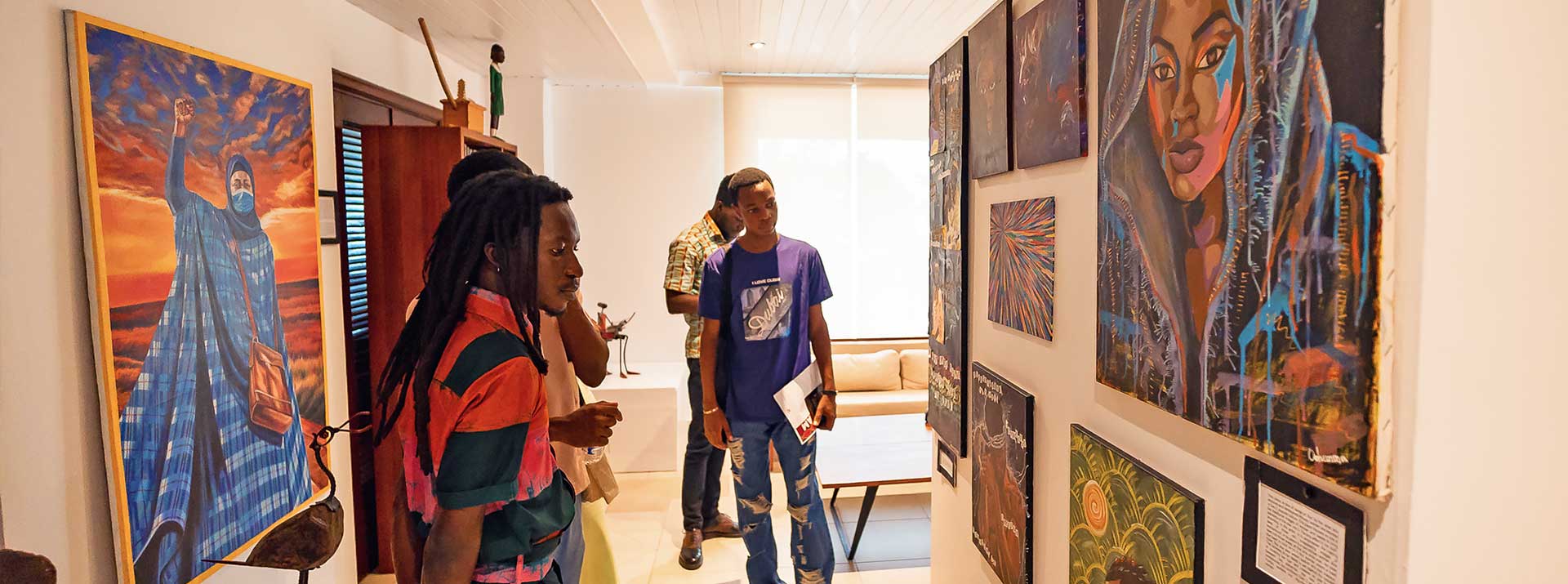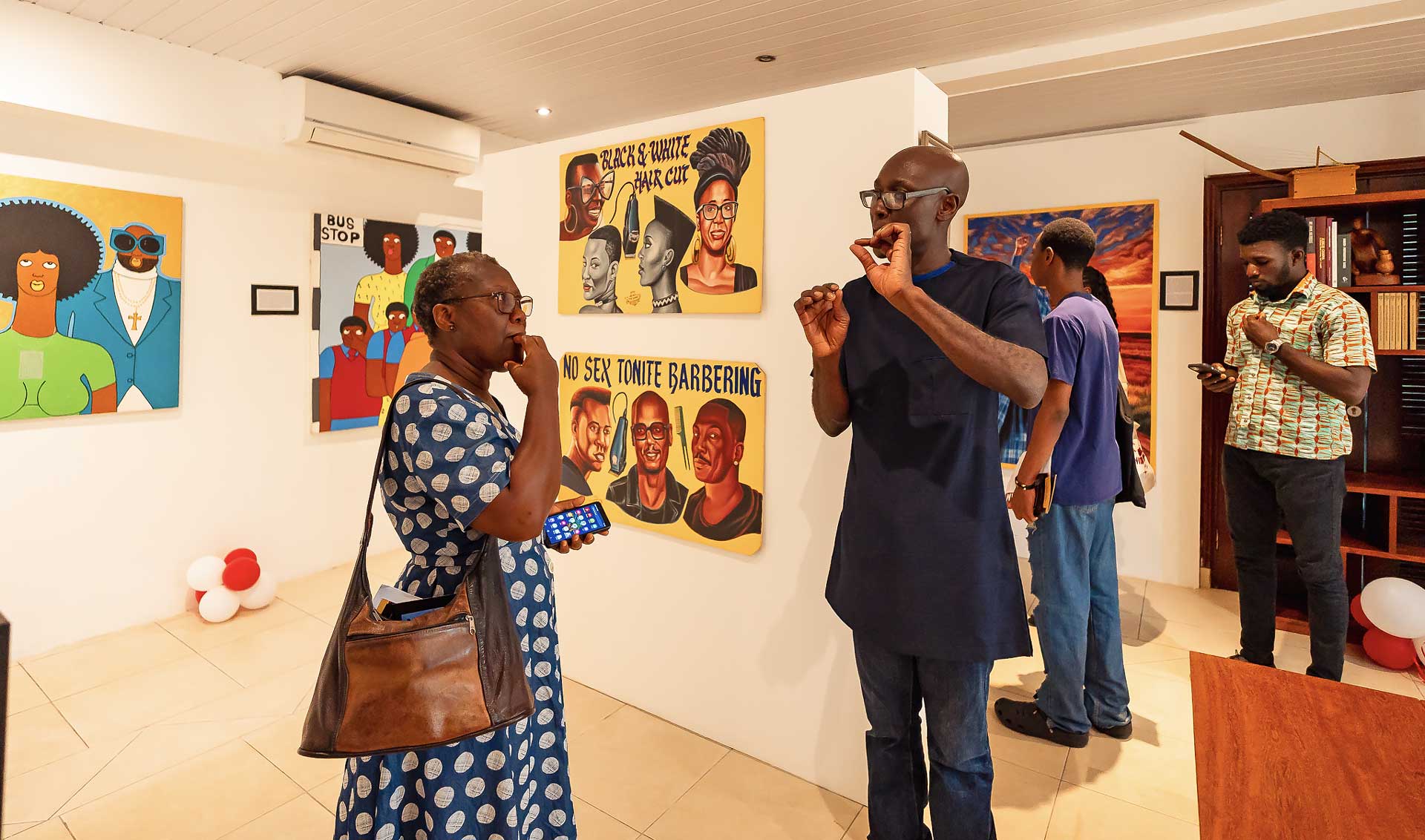
In Summary
- The Center for African Popular Culture aims to strengthen African popular culture awareness through teaching and research.
- The launch crystalises a multi-year effort led by Dr. Oduro-Frimpong, Senior Humanities and Social Sciences Lecturer and Media Anthropologist at Ashesi.
Read More
Monday, February 5 – The Centre’s launch event brought together key stakeholders across academia, the creative arts, and media, diverse audiences which Dr Oduro-Frimpong hopes that the Centre can continue to bring together in and out of the classroom in the years ahead. Professor Kwesi Yankah, former Minister of State in charge of Tertiary Education who served as the keynote speaker at the event, emphasised the significance of universities in strengthening cultural heritage.
“One of the most fertile sites for the expression of popular culture are university campuses, where governance systems have been modelled on quaint colonial traditions which have little or no relevance to contemporary realities,” shared Professor Yankah. “Here, popular culture provides an alternative channel to alleviate the huge heritage deficit felt by a restless youth.”
“Universities, by their very nature, are arrogant institutions, always emphasising social distances between them and us,” he added. “The new Centre for African Popular Culture at Ashesi should not become a mere theoretical site. Happily, the hands-on mode of learning already established in Ashesi shows the way for bringing popular culture practitioners to Ashesi and student popular culture to surrounding townships and beyond.”
For Dr. Oduro-Frimpong, who has collected many artefacts and pieces for over a decade, the Centre represents a long-held passion for ensuring that African Popular Culture is better documented and taught. From the hand-painted movie posters that captured audiences for Accra’s cinema industry in the nineties to the miniature xylophone made in the Northern Region of Ghana, the Centre’s current collection represents the diversity in African popular culture conversation.
“Over the years, historical accounts of Africa have mostly revolved around the educated elite and the government, leaving a knowledge gap in matters concerning the broader African society,” he explains, speaking about his inspiration for the Centre’s mission. “This kind of pattern usually results in an incomplete record of history. If we want to capture and understand culture wholly, we would need to pay critical attention to the lifestyles of ordinary folks.”

Share this story

